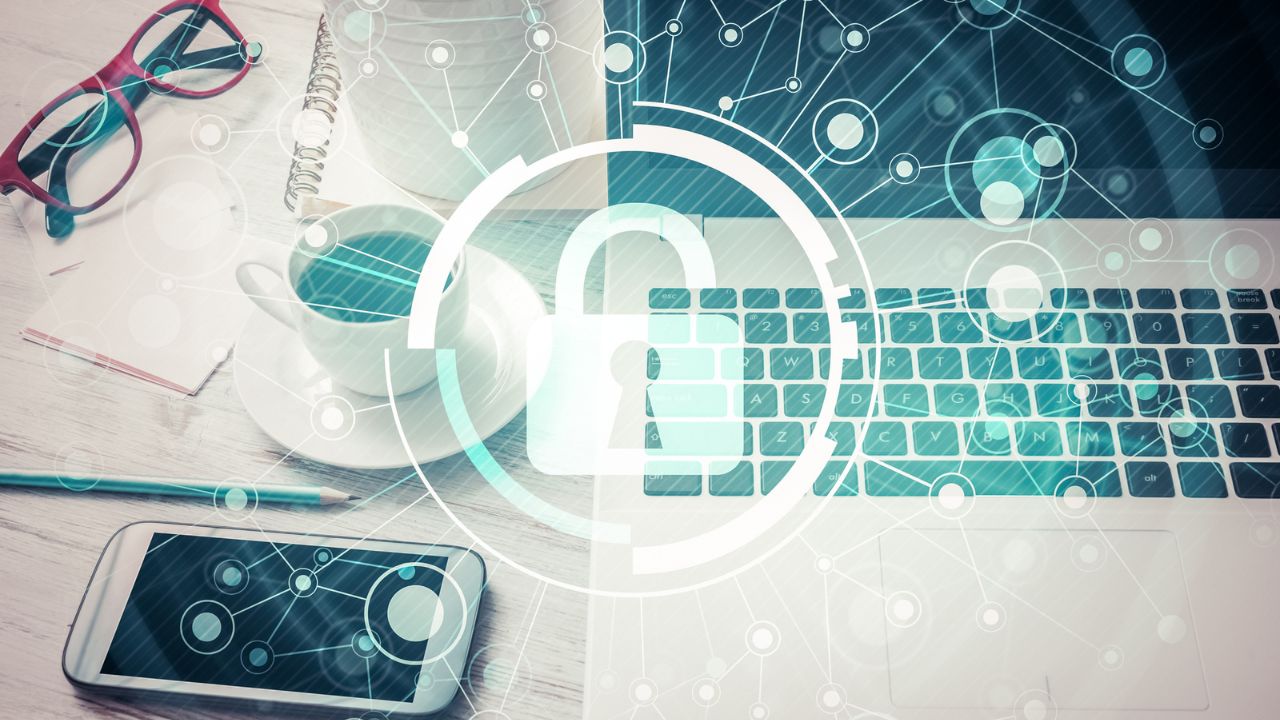The European Commission would like to include some backdoor in messaging and email services, but the European Court of Human Rights (ECHR) expressed a contrary opinion. In a sentence that we could define as historic, the European Court has recognized that end-to-end encryption is an essential guarantee for the privacy and security of online communicationsis that weakening it would constitute a violation of rights.
The Telegram case against FSB
The sentence of ECHR is based on the case between Telegram, the popular messaging app, and the FSB, the Russian intelligence service.
In 2017, the‘FSB had ordered Telegram to provide decryption keys to users’ messagesarguing that it was necessary to prevent acts of terrorism.
Telegram had refused, stating that this would put the security (as well as the privacy) of all users at risk.
The European Court of Human Rights recognizes end-to-end encryption as a human right
In the ruling, the European Court wrote that “to allow the decryption of communications protected by end-to-end encryption, such as those of Telegram’s ‘secret chats’, it would be necessary to reduce the level of encryption for all users. These measures presumably could not be limited to individuals and would affect everyone, including those who do not pose a threat to a legitimate government interest.”
The FSB, for its part, had defended its request, denying that Telegram’s accusations were founded and that this would have meant that all personnel had access to the protected communications.
The European Court, however, reiterated that “reducing encryption by creating backdoors would make systematic, general and indiscriminate surveillance of personal electronic communications technically feasible”.
















Leave a Reply
View Comments